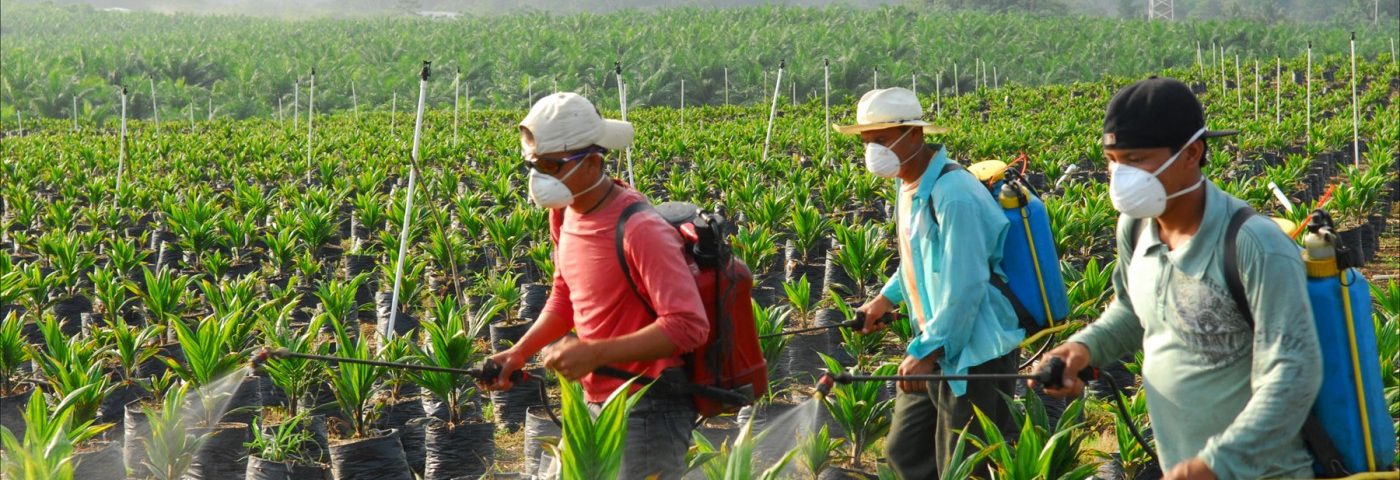The growing use of antibiotics in conventional farming may lead to bacterial resistance to some lifesaving human medicines — making it harder to treat illnesses such as inflammatory bowel disease (IBD).
The newest warning, “Agricultural Uses of Antibiotics Escalate Bacterial Resistance,” appeared in the journal Pesticides and You.
The World Health Organization highlights that bacterial resistance to antibiotics is “one of the biggest threats to global health.” But even though the use of antibiotics in crop and livestock production is a major public health concern, current regulations are weak. This allows residues of antibiotics and antibiotic-resistant bacteria to collect on farmland, move through the environment, contaminate waterways and ultimately reach consumers through food.
The human gut, contaminated land and waterways are all fertile incubators for antibiotic resistance, say experts.
“Resistant bacteria move from farms to families, through the environment to the human population,” Jay Feldman, executive director of Beyond Pesticides, warned in a press release. “The ability of antibiotics to disturb or kill the gut microbiota in humans can lead to autoimmune and other 21st-century diseases, including diabetes, obesity, food allergies, heart disease antibiotic-resistant infections, cancer, asthma, autism, irritable bowel syndrome, multiple sclerosis, rheumatoid arthritis, celiac disease, IBD and more.”
According to the report, Monsanto has patented the herbicide glyphosate as an antibiotic, even though the company markets it as a weed killer. Glyphosate — the leading antibiotic used in agriculture — kills by attacking the shikimate pathway, which is part of the mechanism for producing certain amino acids in both plants and microbes.
In addition, the report highlights the potential hazard of oxytetracycline and streptomycin, two antibiotics commonly sprayed on apples, pears, peaches, celery, potatoes, beans, peppers and tomatoes. The use of these antibiotics at environmentally significant levels increase the resistance of bacteria to antibiotics used in human medicine.
Two U.S. federal agencies, the Environmental Protection Agency (EPA) and the Food and Drug Administration (FDA), regulate the use of antibiotics in agriculture. Growing criticism over the use of antibiotics in animal production led to FDA’s 2016 Veterinary Feed Directive — a regulation that limits livestock use of human antibiotics.
The report also urges strict laws to eradicate use of antibiotics in food production, as well as a widespread push for certified organic food production (the National Organic Standards Board eliminated antibiotics in organic fruit production in 2013). In addition, it highlights successful alternatives to antibiotics; for example, switching to fire-blight resistant varieties of apples and pears would reduce the need for pesticides to control fire-blight control.

